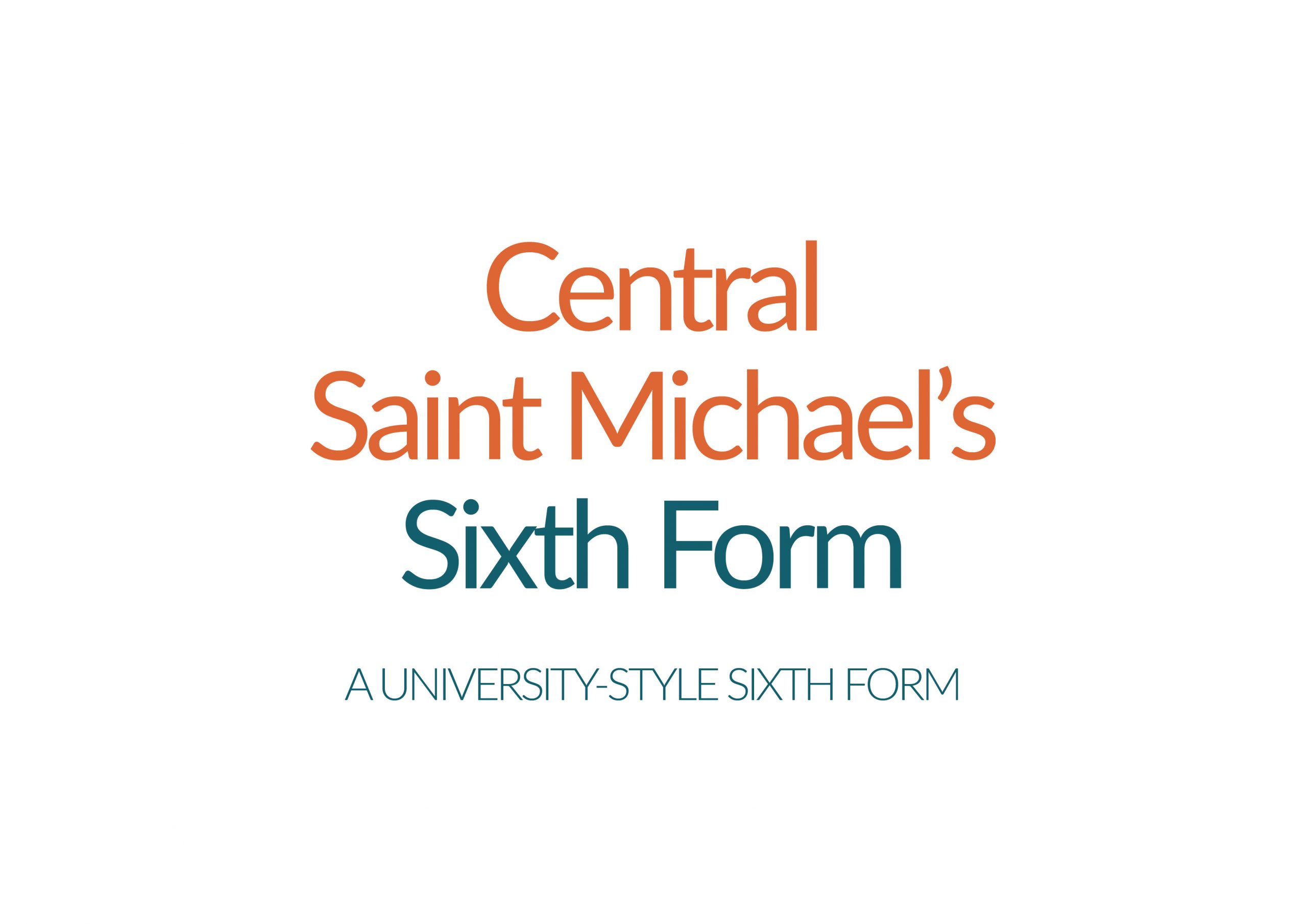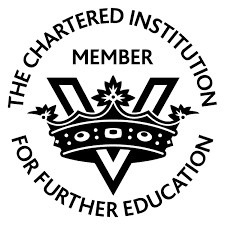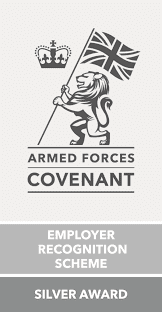A Level French
Studying A Level French is a useful choice as it is the official language of France, an official language of the European Union, and it is also spoken in parts of Belgium, Switzerland and Canada as well as many countries in Africa, such as Senegal and Ivory Coast.
Studying the language is not only about understanding the grammar and structure of the language, but it is also about how people live and use the language on a day-to-day basis.
YEAR 1 – AS LEVEL
Theme A – Being a young person in French-speaking society:
- Families and citizenship
- Youth trends and personal identity
- Education and employment opportunities
Theme B – Understanding the French-speaking world:
- Regional culture and heritage in France, French-speaking countries and communities
- Media, art, film and music in the French-speaking world
- Studying a film.
YEAR 2 – A LEVEL
Theme A – Diversity and difference
- Migration and integration
- Cultural identity and marginalisation
- Cultural enrichment and celebrating difference
- Discrimination and diversity
Theme B – France 1940-1950:
- The Occupation and post-war years June 1940-May 1945
- The cultural dimension in occupied France 1945-1950
Studying literature and film through the study of a book and a film.
A personal cultural research project to be presented and discussed during the speaking examination.
All students studying A Levels should have at least five GCSEs at grade 9 – 5 in academic subjects, including English Language at grade 5. Two of these should be grade 6. Specifically for French, there is a minimum entry requirement of a grade 6 in French at GCSE. If you have spent a significant amount of time in a French-speaking country, it may be possible to join the course, after discussion with your tutors.
Both AS and A Level French are assessed through three examinations:
- Speaking (30%)
- Listening, Reading and Translation (50%)
- Critical and analytical response in writing (20%)
Apart from being beneficial at a personal level, your A Level in French can help with quite a few career paths. For those who want to specialise in language, there are teaching, translation or interpreting. There are also travel and tourism, journalism and the diplomatic service. You can combine a lot of subjects at university with French, for example, Art and French, Business and French, History and French, Law and French, Mathematics and French. But even as an engineer or designer, being proficient in a language will give you broader career options.
MICHAËL LACOULT
- Graduated from the Université de Technologie de Compiègne in France
- PGCE in Modern Foreign Languages from the University of Birmingham
- Oral Examiner for A Level French for Eduqas
TOM PARKER – ALUMNI STUDENT















